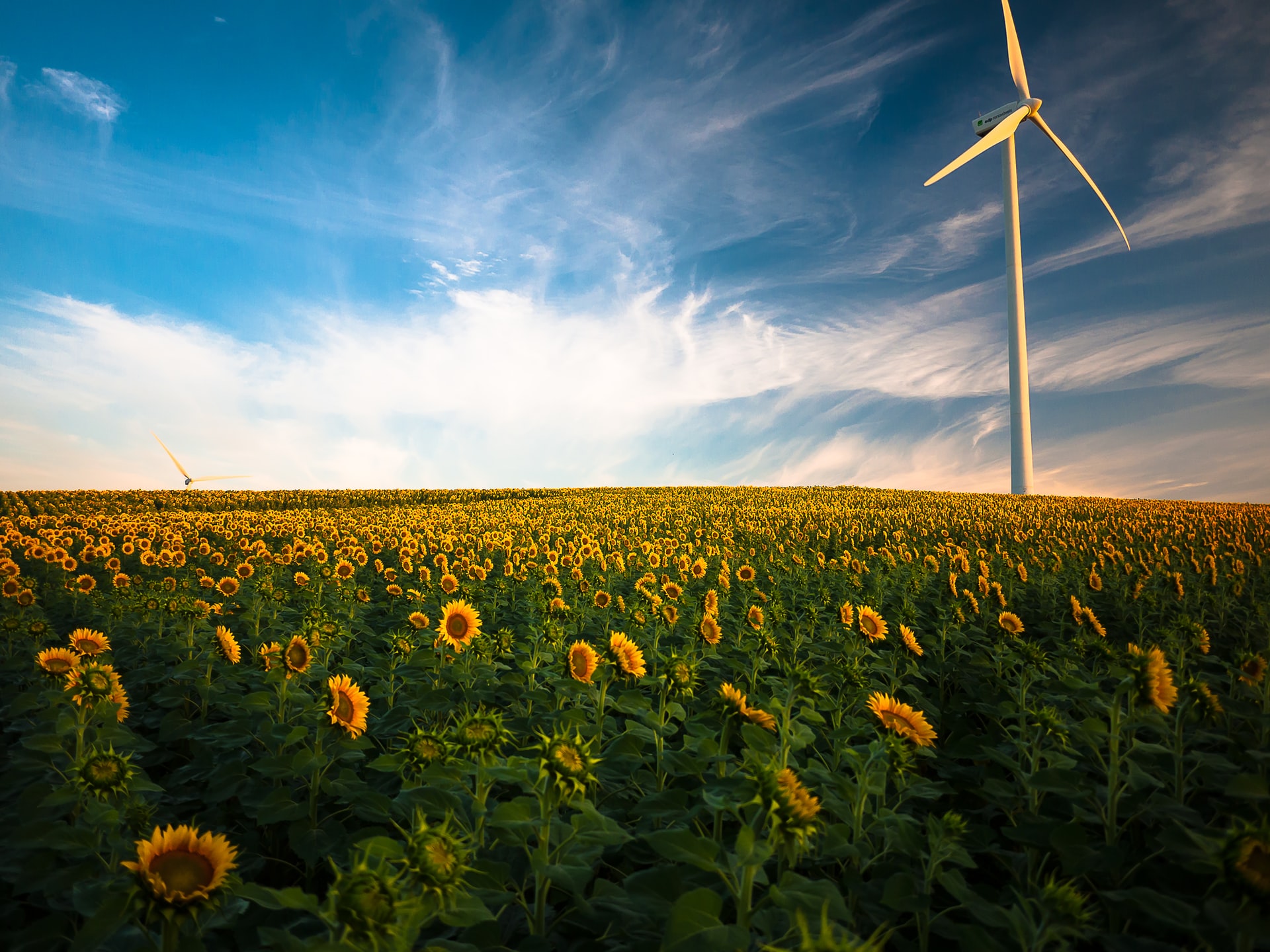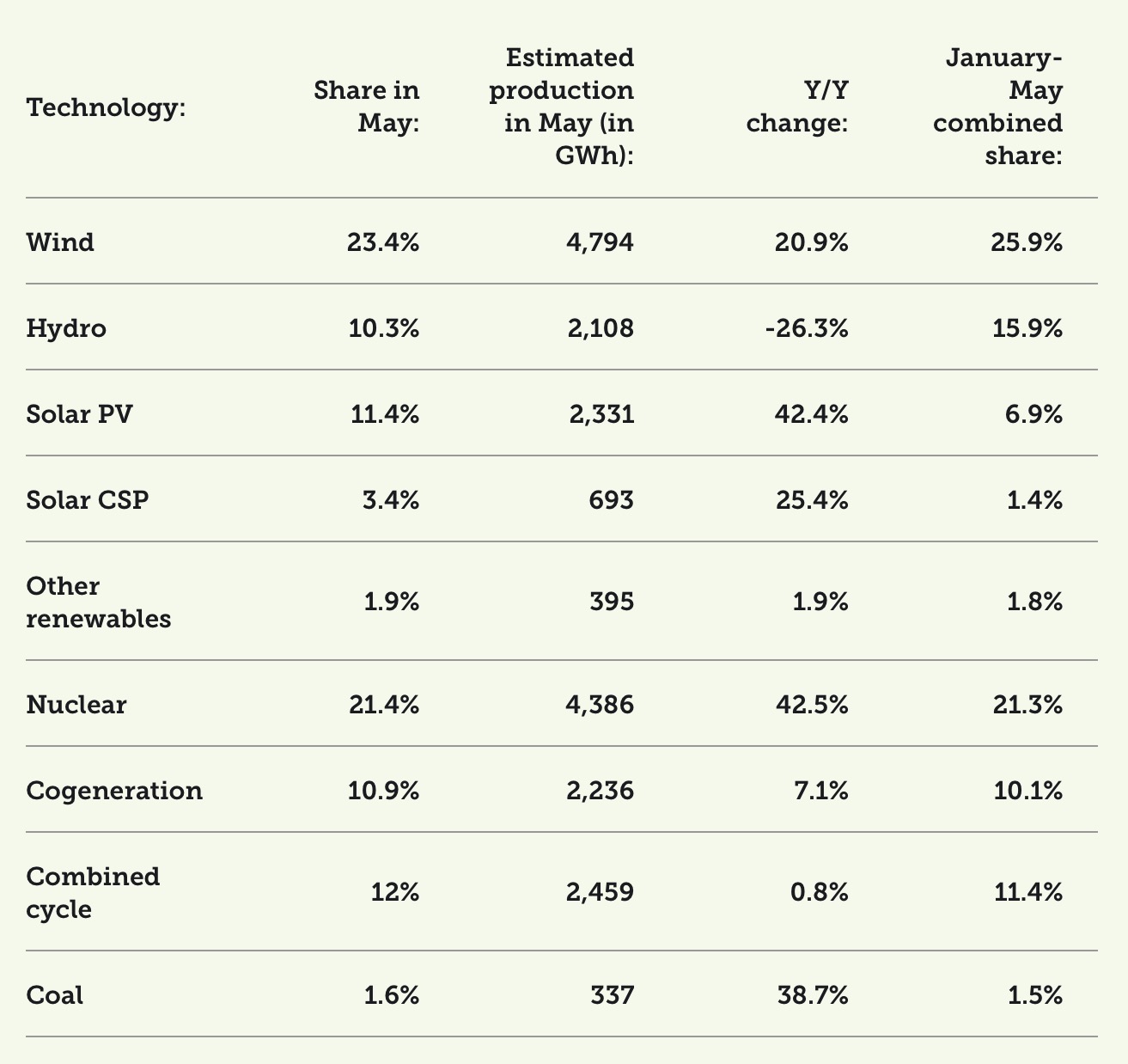
- Sustainable Planet -
- 4mins -
- 337 views
Spain bids “Adios” to oil and gas drilling
As renewables produced half of the country’s electricity for the first time last month, Spain becomes the latest European country to commit to ending fossil fuel production.
Spain’s legislature approves a sweeping new climate bill
It’s adiós to oil and gas drilling in Spain, following new legislation requiring the complete phase out of fossil fuel production by 2042. Sales of ICE (internal combustion engine) vehicles will be banned by 2040, and 74% of the country’s electricity must be renewable by 2030. Meanwhile, renewables produced half of the country’s electricity for the first time ever last month, reaching 50.7% of supply. — FutureCrun.ch

Spain to ending fossil fuel production by 2042
Last month, Spain became the latest European country to commit to ending fossil fuel production. The move to phase out oil and gas production by 2042 is a part of a sweeping new climate bill approved by the country’s legislature on Thursday 13 May.
The legislation, which aims to bring the country in line with the European Union’s target of carbon neutrality by 2050, also bans the sale of carbon-emitting vehicles by 2040 and requires that renewable sources account for 74% of the country’s electricity production by 2030.
Within the past five years, Denmark, France, and Ireland have passed similar laws ending fossil fuel exploration and drilling.
That said, compared to its European counterparts, Spain’s new law still lags behind in some areas. For example, while Denmark committed to reducing its emissions by 70% compared to 1990 levels by 2030, Spain’s law commits the country to reducing emissions by just 23% over the same time frame.
Teresa Ribera, Spain’s minister for energy and the environment, acknowledged in a tweet that the new climate law “should have been put in place 10 years ago.” However, she signaled that it may be just a starting point, calling the new measures “an essential law we must continue to build on.”
Source: Grist.org

The bill had already passed Spain’s lower house in early April after almost a year of debate
Under the bill, Spain will no longer issue new concessions for exploring or producing fossil fuels and existing concessions cannot be extended beyond Dec. 31, 2042. The bill also bans fracking and requires all public institutions to divest any holdings in companies involved in the production, refining, and processing of fossil fuels.
Spain’s main remaining producing assets are in the Mediterranean Sea, some 45 km off the coast of Tarragona.
Spain’s Repsol operates the Lubina and Montanazo oil fields in the area which have a net production of 1,320 b/d of oil equivalent, according to the company.
The fields are produced from the aging Casablanca field production platform which saw production peak in the mid-1980s. Spain’s Congress also approved a €1.7 billion ($2.06 billion) investment plan to promote own-consumption and behind-the-meter battery systems, among others.
Spain’s move to ban new exploration awards follows a December move by Denmark to ban new exploration and end its oil and gas production from the North Sea by 2050 as part of the country’s efforts to become "climate neutral" in the coming decades.
France in 2017 agreed to phase out fossil fuel production by 2040, and halt the granting of new exploration permits. Ireland banned new onshore and offshore oil and gas exploration in February 2018.
Source: SPGlobal

solar PV breaks record as Spain’s renewables hit 50.7% share in May
On June 2, Renewables Now reported that renewable energy had produced 50.7% of Spain’s electricity in May, generating 10% more “green gigawatt-hours” compared to the same period a year ago, according to the latest estimates released Wednesday by Spanish grid operator Red Electrica de Espana (REE).
- The renewables share in Spain’s power production mix in April was 46.2%, after dropping for two months in a row.
- In May, wind power generation hit 4,794 GWh, up 20.9% on the year.
- With a 23.4% share in the mix, wind farms were Spain’s leading power producers over the month, followed by nuclear and combined cycle power plants.
REE also highlighted the record output achieved by solar PV plants, which produced 2,331 GWh in May, a monthly volume unseen since the national records began in 2007.
On May 29, solar PV reached a daily share of 14.7% on 89 GWh, REE added.
Spain’s gross demand for electricity was estimated at 20,338 GWh, up by 11.1% compared to May 2020, which the country spent under the COVID-19 lockdown. Compared to May 2019, the national demand was lower by 3%.
Source: RenewablesNow

